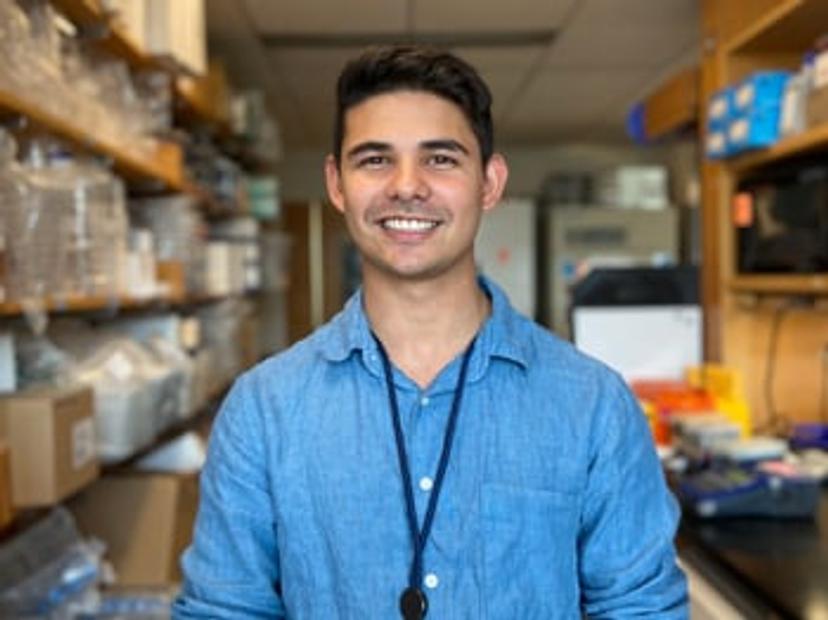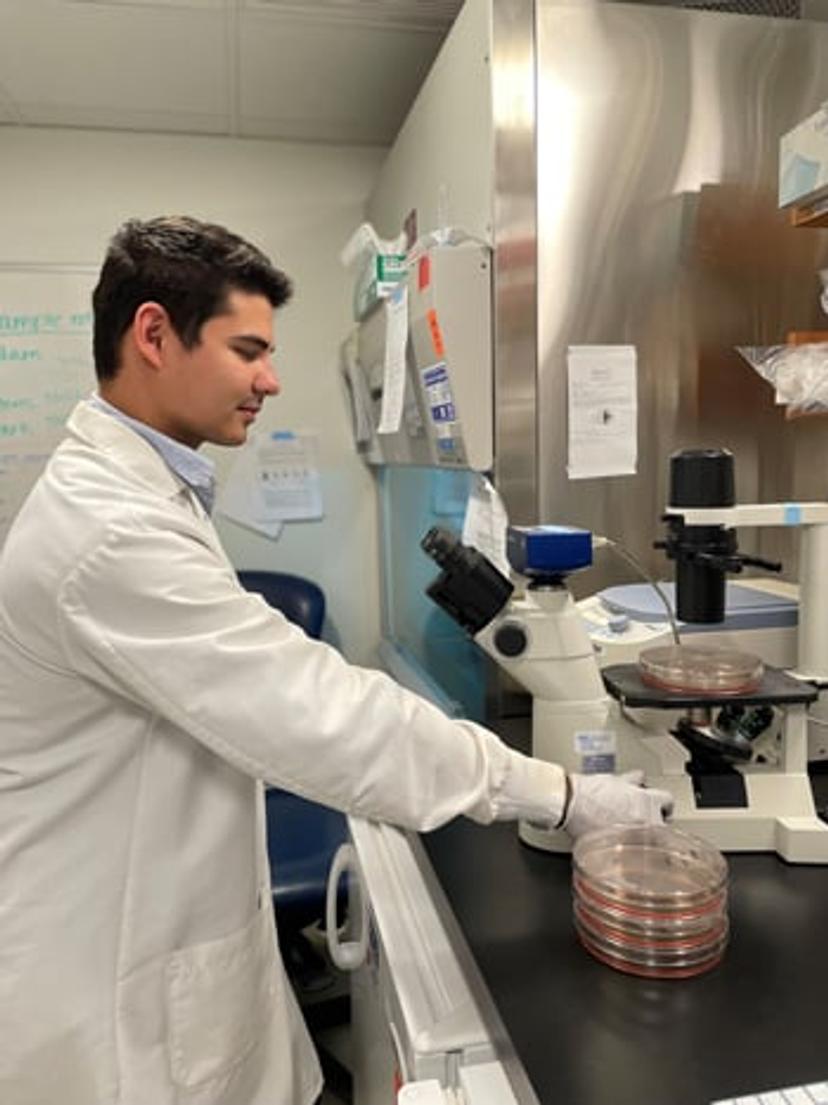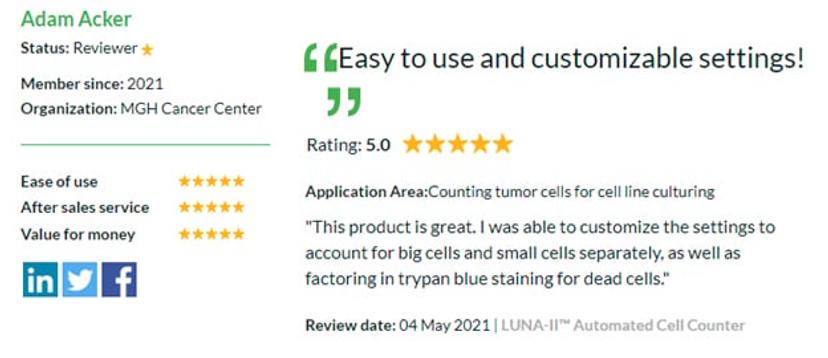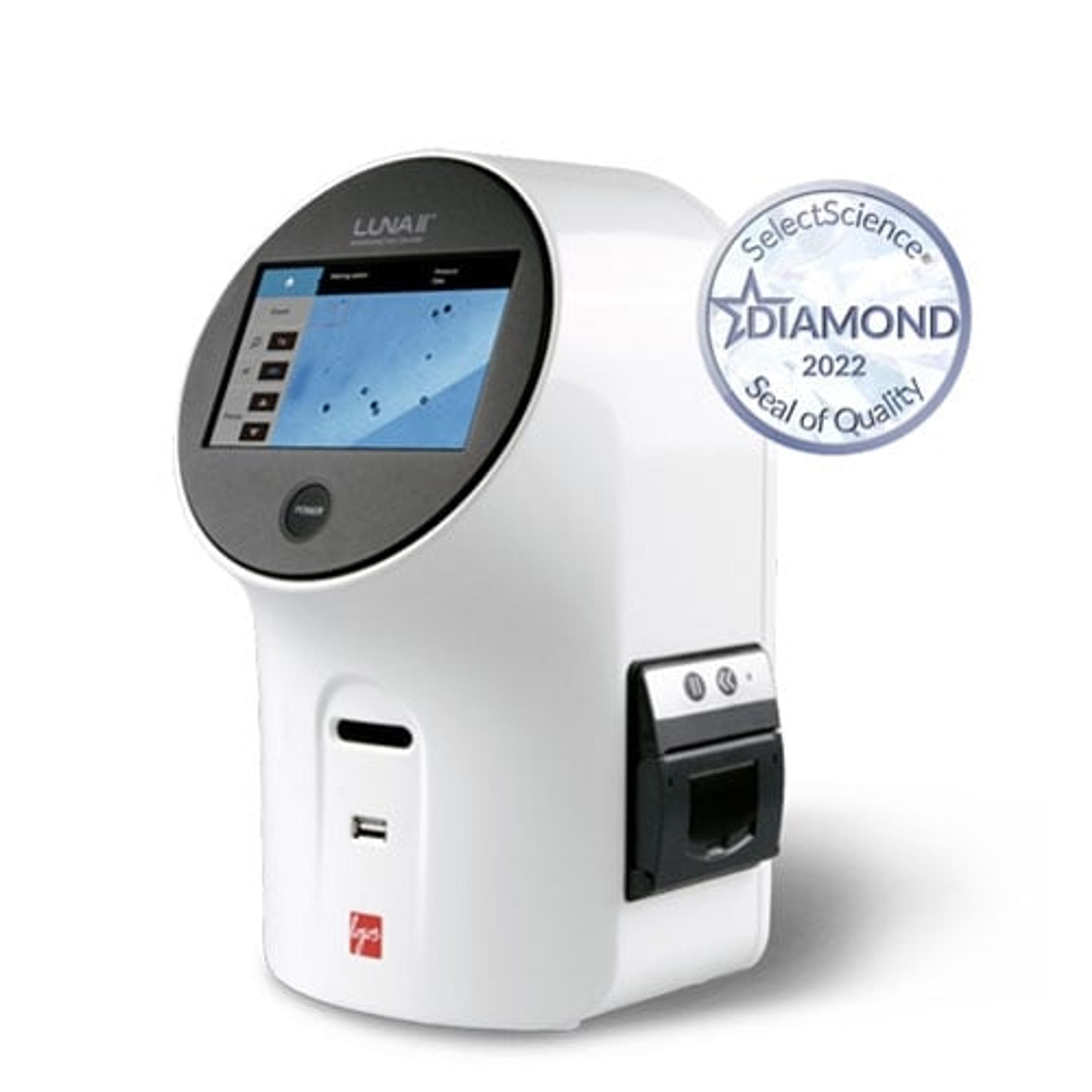‘Reading other researchers’ reviews and writing my own is just another form of collaboration’
Meet this week’s Reviewer in the Spotlight, Adam Acker, a research technician who aspires to help advance patient care with his research and by collaborating with other researchers through reviews
2 May 2023


Lab product reviews can change the world by helping other scientists find the best equipment to accelerate their vital work. Here at SelectScience®, we are dedicated to promoting peer-to-peer communication that will make the difference - but we couldn't do it without our esteemed reviewers. In this regular feature, we put the spotlight on some of our most dedicated and impactful reviewers and find out what inspires them to keep sharing their knowledge with the global scientific community.
This week’s Reviewer in the Spotlight is Adam Acker, a research technician at Massachusetts General Hospital Cancer Center. In this article, Acker describes what inspired his passion for improving patient care, why he believes it is important to have transparency around laboratory products, and how reviews can help achieve this.
Tell us a bit about yourself
I graduated from the University of Massachusetts where I majored in biology with a minor in psychology. Most of my days were spent practicing/playing for the Umass Boston Tennis Team or assisting in a neuroscience lab, where I studied the role of perineuronal nets in brain plasticity. After graduating during the start of the pandemic, I found myself lucky enough to join an incredible lab at Massachusetts General Hospital Cancer Center as a research technician. Outside of the lab, I enjoy volunteering and fundraising for Best Buddies, as well as participating in runs or bike races for other local nonprofit organizations. I also love spending time with my mini–Australian Shepard, Aubrey.
What inspired you to get into the world of science?
I have always been inspired by the field of medical sciences and the research behind it. I’m constantly fascinated when learning about scientific projects that have a direct impact on the advancement of patient care. It’s such a pleasure to work alongside physician-scientists and postdoc researchers who have made impactful contributions to the translational medical sciences. They drive me to continue my scientific career in the hope that I can one day leave a positive impact on the community.

What are you currently researching?
In the Hata Laboratory, we focus on discovering mechanisms of drug resistance in lung cancer patients treated with targeted therapies and developing new therapies to overcome these resistances. A unique feature of the lab is our capacity to develop patient-derived models that reflect the specific mutations and resistance mechanisms of lung cancer patients being treated at Mass General. As a research technician on the Model Development Team, my role is to help develop and maintain these models. This process starts with a patient sample from the clinic and ends with a finished mouse/cell line model which can then be used to conduct experiments by researchers in our lab, as well as collaborators engaging in similar projects. The underlying goal of our research is to improve therapies for current and future patients dealing with lung cancer, which is why working in this lab has been extremely rewarding. I’m very grateful to be a part of the ever-advancing field of translational medicine, and I’m excited to see the impact it will make on future cancer therapies.
Why do you read and write lab product reviews on SelectScience?
I believe communication in science is extremely important. We work in a complex field where crucial experiments can easily go wrong, so it’s great to have clarity and transparency about the products we use on a day-to-day basis. Reading other researchers’ reviews and writing my own is just another form of collaboration and this is what drives progress and success in this line of work.
It's great to have transparency about the products we use on a day-to-day basis
What is your favorite piece of lab equipment and why?
My favorite piece of equipment is the LUNA-II Automated Cell Counter by Logos Biosystems. Before purchasing the cell counter, I was using a hemocytometer to count cells from patient fluid samples. This device saves me so much time and provides a precise and accurate cell count, including live and dead cells. It can even be programmed to count big and small cells, which is especially useful for processing tumor samples.

What are your short-term and long-term goals for your career?
I plan to attend graduate school to further my scientific education and continue my career in research. I hope to one day receive a Doctor of Medicine, since my long-term goal is to provide compassionate care to people in need, and I think it would be enormously gratifying to do so through science and medicine. I hope to continue doing research and collaborating with scientists throughout the different stages of my career. Being a part of this community has been immensely rewarding, and I applaud all researchers who do their part in contributing to scientific advancements in their respective fields.
Would you like to feature in our Reviewer Spotlight? Write your review here to be in with a chance >>

